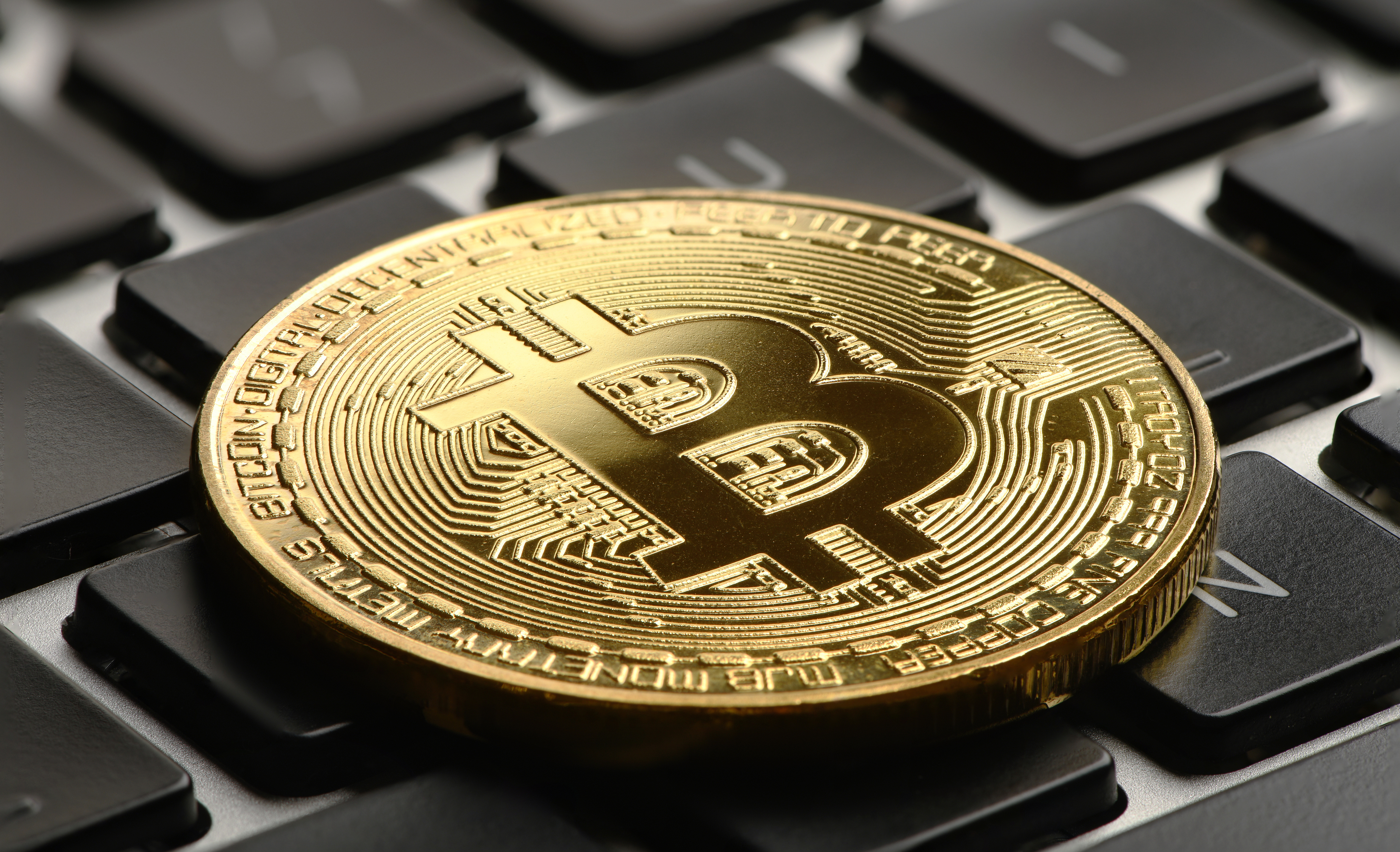Bitcoin is a cryptocurrency that can be used to buy and sell goods and services anonymously. Transactions are tracked by a network of independent computers using blockchain technology.
Bitcoin, established in 2009, has garnered growing attention due to its recent surge in value, and a rising number of retailers now accept Bitcoin as a form of payment. The decentralized nature of the Bitcoin market prevents regulation by any central bank and avoids control by any business or individual. This decentralization allows users to trade in privacy, which has contributed to Bitcoin’s popularity, even within certain segments of the criminal world.

Image from iStock
Is Bitcoin a legitimate currency? A currency must serve as a medium of exchange. Anything that is widely accepted to pay for a good or service can be a medium of exchange. While most countries utilize their established currencies, historical examples include communities using items like stones, salt, gold, or tobacco as a medium of exchange. Where does Bitcoin fit into this framework? Bitcoin is gaining increased acceptance for payments, with daily transactions surging from under 10,000 in 2011 to over 400,000 in 2023 (see Blockchain for a daily report on transactions).
Reputable establishments like Microsoft, ATT, Pizza Hut, and the Miami Dolphins now embrace Bitcoin, though most retailers still do not. (For a more comprehensive list, visit Bitcoin Accepted Here.) One deterrent for buyers is the time-consuming transaction processing, which can take several hours, contrasting sharply with Visa’s ability to handle approximately 150 million transactions daily in less than 30 seconds. Additionally, fees associated with Bitcoin transactions further hinder its adoption as a medium of exchange (Blockchain Average Confirmation Time).
Money must also be a store of value. In other words, a currency should retain its value. Large fluctuations in value discourage the use of a currency. Many merchants are apprehensive about using Bitcoin because Bitcoin’s value is unstable. For example, bitcoin’s average market price equaled $16,295 on November 12, 2020. A year later, it peaked at $64,839, only to fall to $16,588 by November 14, 2023. It is not uncommon for Bitcoin’s value to fluctuate more than 10% in a week. On April 14, 2023, bitcoin’s average market value equaled $30,486. Within two weeks, it plummeted to $27,268 and rose to $29,480. (See Blockchain’s graph and the current price of Bitcoin.) The laws of supply and demand determine the value. Speculators purchase Bitcoin in hopes of its widespread acceptance – but stabilization is needed to attract more merchants.
The Wall Street Journal posted a terrific video illustrating several problems using Bitcoin as a currency. In it, the WSJ’s Thomas Di Fonzo uses Bitcoin to buy a pizza in New York. He pays $76 for a $10 pizza for lunch and then waits until that evening before his order has been processed.
There are two possible reasons why the pizza price was so high. Suppose you are the owner of the pizza restaurant. You set your daily prices first thing in the morning. This morning, a bitcoin was worth $10,000, so you price your $10 pizza at 0.001 bitcoin. Later that day, bitcoin’s value fell 25 percent, so the .001 bitcoin you accepted is now worth $7.50! You lost $2.50 because you accepted bitcoin. How could you protect yourself as a business owner? You could add to the bitcoin price to reduce your risk.
Another possible explanation for the high price of Mr. Di Fonzo’s pizza is that the value of bitcoin had appreciated since the morning. Again, assume bitcoin was selling at $10,000 when you, as the restaurant owner, set your price at 0.001 bitcoin, which would be a price of $10. The value of Bitcoin jumps to $12,500. The pizza now costs $12.50. That is great for you, but your customers probably will not be pleased. Both scenarios underscore Bitcoin’s struggle to maintain its store of value, a crucial criterion for a functional currency.
Consumers also need to measure the value of one item versus another item. Because money is expressed in units of a currency, money acts as a measure of value that enables people to compare the values of different goods and services. Bitcoin’s volatility makes the job much more difficult. Comparing values should be done within a short time frame. Imagine you are improving your home and accepting bids from two individuals. On a Monday, you receive a bid of 1 bitcoin; on Wednesday, you receive another bid for 1.25 bitcoins. You phone the Monday vendor and tell him he has the job, only to learn that he needs to increase his price to 1.5 bitcoins because Bitcoin’s value has decreased 50 percent. You tell him sorry, but you are going to accept another bid. After hanging up the phone, you call Wednesday’s vendor to inform her she has the job but learn her price has increased to 1.6 bitcoins! It would make your decision much easier if the vendors quoted a price in a more stable currency than Bitcoin.
It should be safe to hold cash, but with Bitcoin, holding currency carries a significant risk. Bitcoin fails to meet the tests of money because its volatile value complicates transactions and detracts from its acceptance. The most common choice among vendors is not to accept Bitcoin because sellers are uncomfortable, fearing that the currency will not maintain its value. Accepting Bitcoin as payment is speculating in its appreciation, and most business owners have chosen not to take the risk. A more stable Bitcoin would improve its store of value, make it a more straightforward measure of value, and help it act as a medium of exchange by increasing its acceptance. Only time will tell whether the value of Bitcoin is stable enough to become more widely accepted as a currency and not as a speculative investment.
What Is Money
Monetary Policy – The Power of an Interest Rate
Fractional Reserve Banking and the Creation of Money